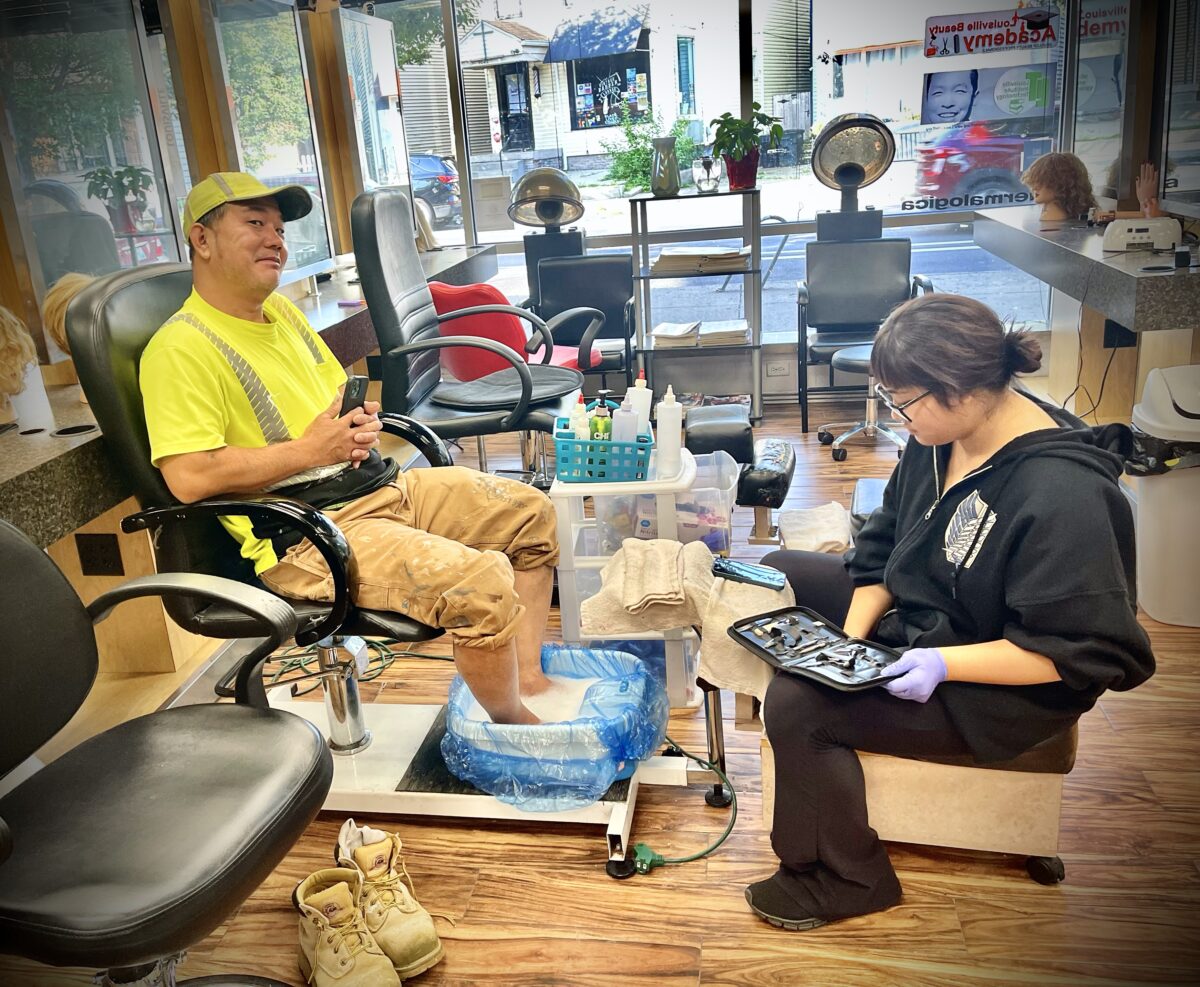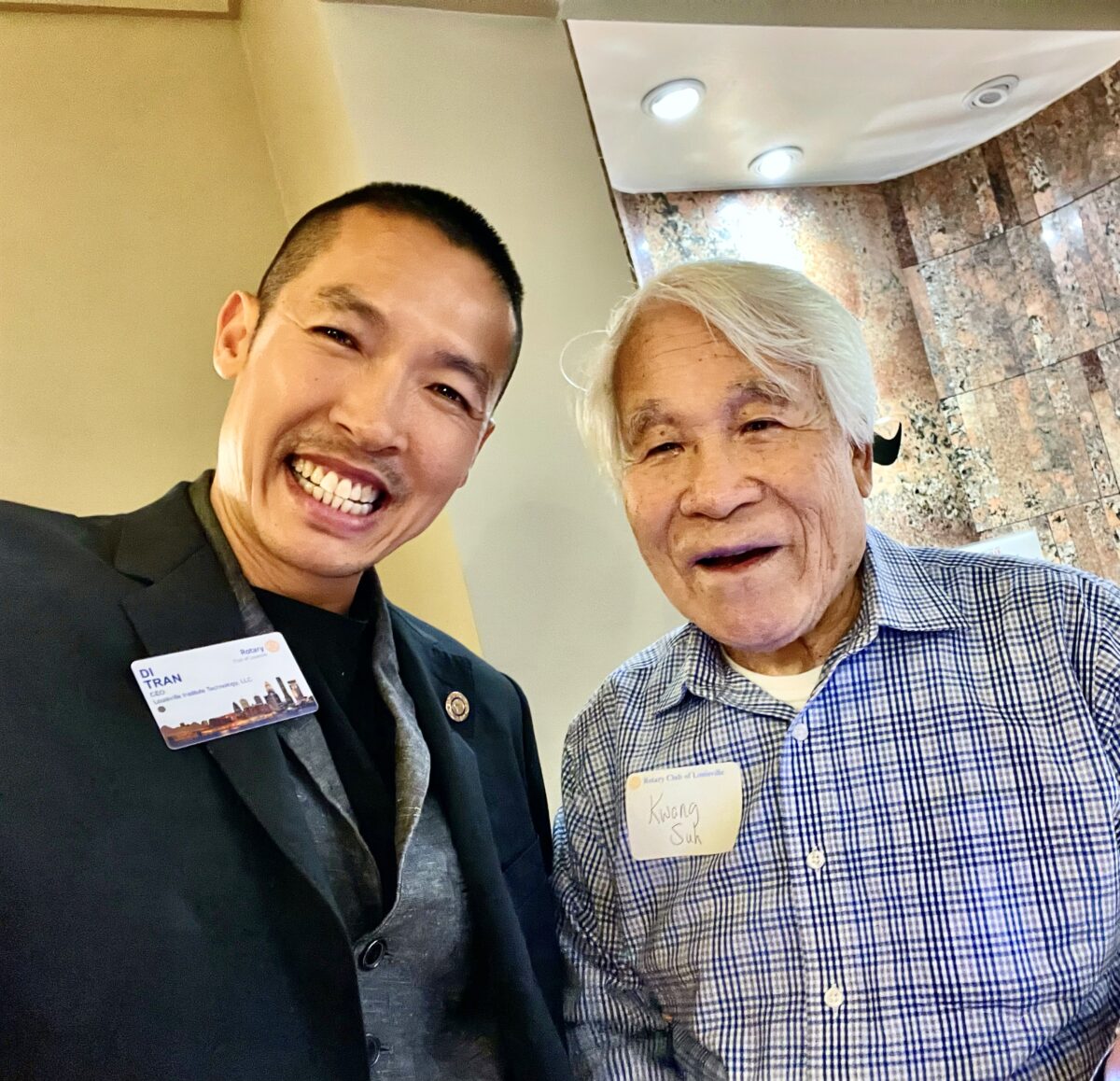Every significant accomplishment, every great act, and every transformative movement can trace its origins back to a simple, often overlooked starting point. This is beautifully encapsulated in the saying, “Great acts start with small deeds.” While this principle appears straightforward, its implications are profound, reshaping our perception of success, progress, and the journey of self-improvement.
Defining “Great Acts Start with Small Deeds”
To truly understand the depth of this sentiment, we first need to unpack its components. What, indeed, is a “great act”? A great act can be anything from a personal achievement, such as running a marathon or writing a novel, to larger societal shifts like the civil rights movement or the invention of the internet. These are milestones and events that create a significant impact on individuals, communities, or even the entire world.
On the other hand, a “small deed” represents the subtle beginnings, the seemingly insignificant steps taken towards these bigger goals. They are the foundational actions that, when accumulated, can lead to remarkable outcomes.
The Power of Incremental Progress
The concept of great acts beginning with small deeds emphasizes the importance of incremental progress. Rather than focusing on the end goal, it asks us to appreciate the journey and the many steps it entails. This perspective resonates with other proverbs from around the world:
- “Rome wasn’t built in a day”: This reminds us that significant projects or achievements require time. Rome, with its grandeur and history, began as a series of small settlements and grew over centuries.
- “A journey of a thousand miles begins with a single step”: This ancient Chinese proverb, attributed to Laozi, beautifully illustrates the concept of beginning with a simple action.
Both proverbs teach the same lesson: Consistency and patience often bear more fruit than sporadic bursts of effort.
Historical Examples
The civil rights movement in the U.S., while often associated with grand speeches and large-scale events, was built on years of small deeds by countless individuals. Rosa Parks’ refusal to give up her seat was a singular act that spurred nationwide bus boycotts. Similarly, the countless sit-ins at segregated diners by young students represented small but potent acts of defiance that culminated in massive societal change.
The development of the internet, too, was not a sudden invention but an evolution. It began with small experiments in data communication, followed by the establishment of ARPANET, and then a series of innovations and developments that gave birth to the world wide web as we know it today.
Personal Implications
On a personal level, the principle of starting with small deeds encourages incremental growth. Instead of being overwhelmed by a monumental task, breaking it into manageable parts makes it achievable. For instance, writing a book can start with penning just a few words each day, and over time, this consistency can result in a completed manuscript.
Furthermore, embracing small deeds promotes resilience. If one step doesn’t yield the desired outcome, it becomes easier to adjust and move forward rather than being paralyzed by the fear of failure.
Conclusion
“Great acts start with small deeds” is more than just a saying; it’s a philosophy that underscores the transformative power of consistency, patience, and starting small. By appreciating the tiny steps we take each day, we lay a strong foundation for the significant accomplishments of tomorrow. Whether in personal achievements or societal shifts, the journey always begins with a single, humble step.














